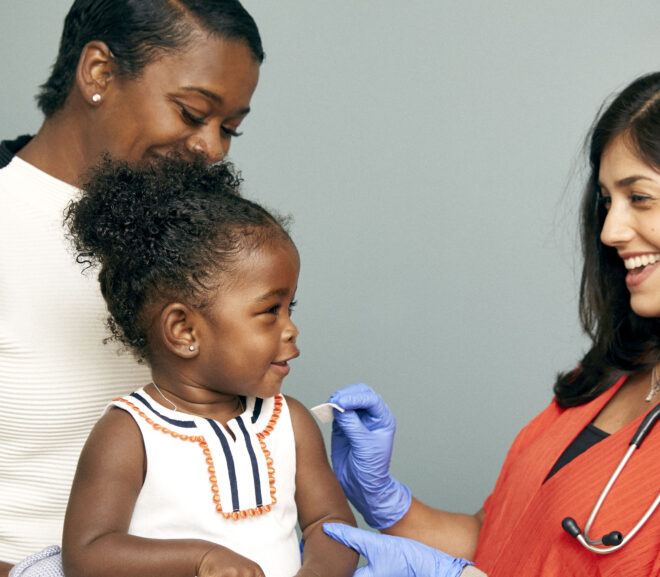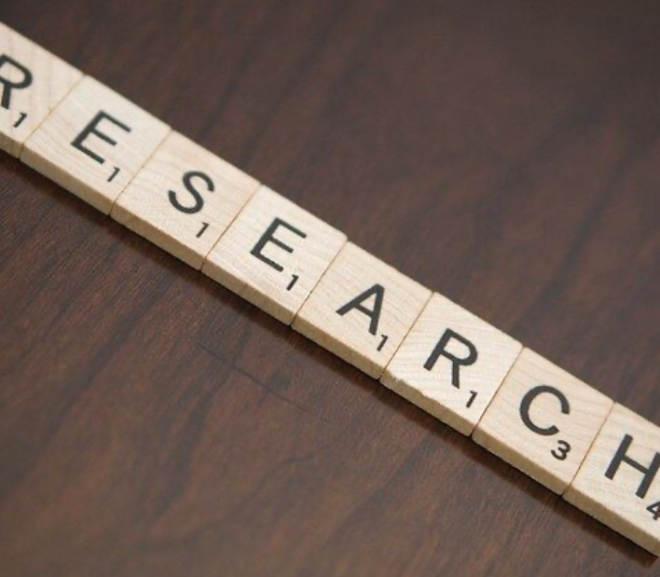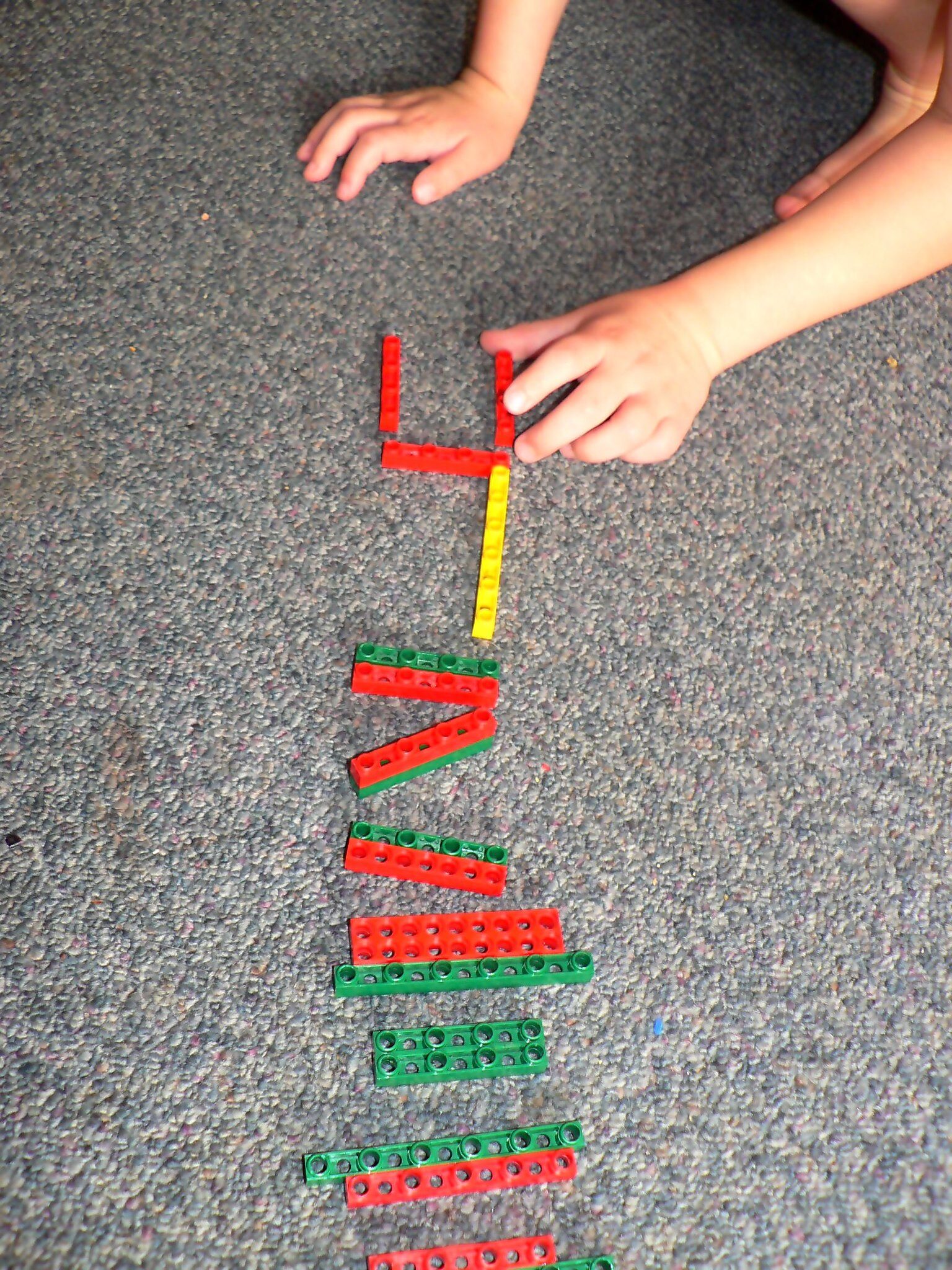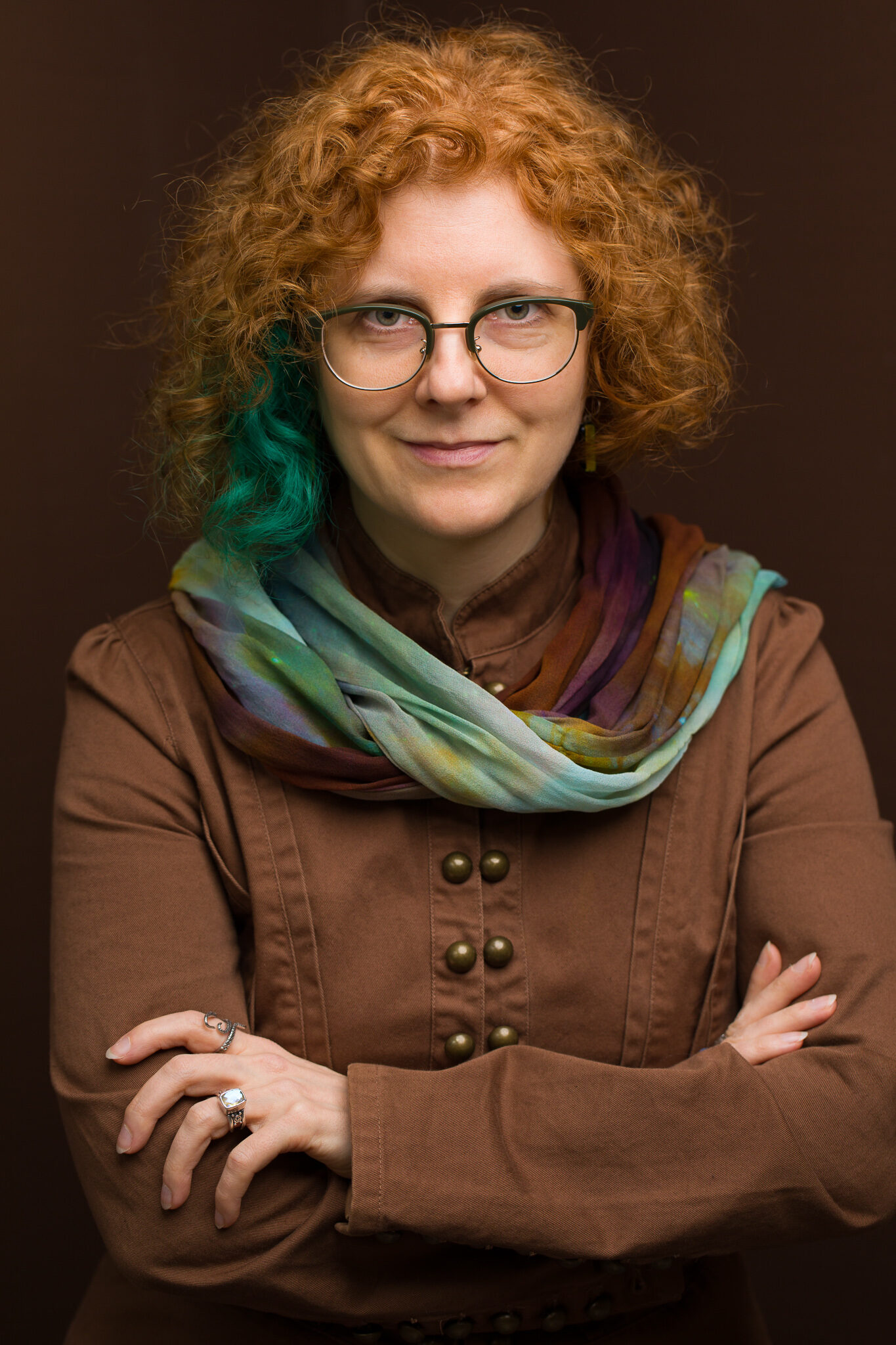Jenny Mai Phan is an Asian American autistic autism researcher, an Interagency Autism Coordinating Committee (IACC) member, and the mother of four children, two of whom are autistic.
Search Results for: research
“I have no doubt that the individual researchers I have encountered are well-meaning and sincere in their desire to positively impact the world. However, there appears to be a total lack of awareness of current reproductive medicine practices’ bias against neurodivergent people, never mind the implications.”
What if the headlines had read, “Autism doesn’t have to be a problem if children are understood and supported”?
Autistic people generally have different social skills, not broken ones. Yet we see paper after paper saying our social skills are broken, and the research teams don’t even bother to mention all the new research showing it’s not true.
Non-autistic people harbor assumptions about autistic people, whether they’re aware of them or not. And those biases can get in the way of autistic people being included both socially and professionally. We talked with Desi Jones, a Doctoral Student at the University of Texas at Dallas, whose recent paper Effects of autism acceptance training on explicit and implicit biases toward autism examines how autistic acceptance efforts both succeed and fail in addressing stereotypes about autism, and what this means. We also discussed her work on structural racism in autism research, and how institutions can do better by their autism researchers of color—and why that doesn’t merely mean recruiting more POC. Photo courtesy Desi Jones [image: Desi Jones, a smiling Black woman with curly shoulder length purple-tinged hair.] TPGA: Can you tell us about your background, and what drew you to autism research? Desi Jones: I double majored in Neuroscience and Psychology…
Photo courtesy Dr. Bottema-Beutel [image: Formal photo of Dr. Bottema-Beutel, a smiling white woman with medium-length side parted brown hair.] Advocates of early autism interventions often claim such approaches are “evidence based,” whereas critics have long pointed out individual flaws in cited studies. We were glad to learn about Dr. Kristen Bottema-Beutel’s analysis of general conflicts of interest in early autism research, and talk with her about how her findings complicate assertions about being early autism interventions being evidence based, and what else she and her team discovered. —- Thinking Person’s Guide to Autism: Can you tell us why you decided to pursue this analysis of conflicts of interest (COIs) in early autism intervention research? Bottema-Beutel: The short answer is that I’ve been following Michelle Dawson on Twitter (her handle is @autismcrisis). Michelle is an autistic researcher who has been sounding the alarm on undisclosed COIs for more than a decade—before I…
Ann Memmott annsautism.blogspot.com In the recent Lancet article The gut microbiome in neurological disorders by Cryan et al, confused researchers have mistaken reducing stomach pain for curing autism (yet again). Now, autism researchers, when was the last time you had a hurty tum? How was your behaviour? Having an ‘aha!’ moment now? Thank you. If you want a hint of the joys within the Lancet paper: it references Tomova et al’s 2015 paper Gastrointestinal microbiota in children with autism in Slovakia, which involves nine autistic children ages 2-9, in an unblinded study (meaning they knew which kids got the probiotic supplement) and parent reports of “behaviour.” Apparently after the treatment autistic children showed less “challenging behaviour” which led to the the supposition that “…appropriate… microbiota is required for normal social development.” The problem is that autism isn’t a behaviour, any more than being Deaf is a “behaviour.” The cited quest to…
Ehlers-Dahlos syndromes are disorders that affect connective tissues. They are both under-researched, and common co-occurring conditions in autistic people.
Research indicates that autistic brains exhibit more diversity than non-autistic brains. If autism research is truly going to address the needs of such a varied population, then it needs to branch out similarly, get real about what autistic people need, and humanize its priorities.
“If the dynamic of autistic burnout really is related to spending more resources coping than one has, I’m not sure the real leverage in avoiding burnout resides with the autistic person alone.”









